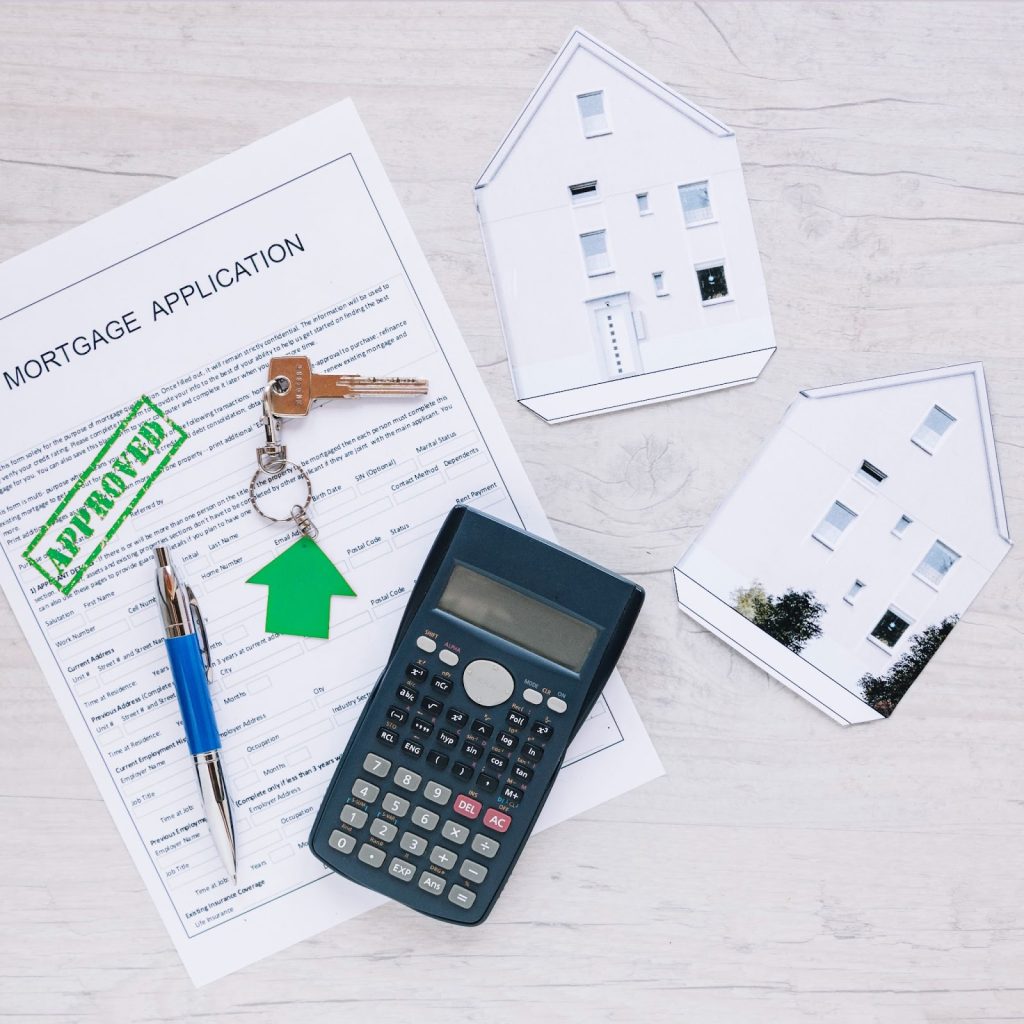Can I Maximize My Home’s Equity with HomeSafe Jumbo Reverse Mortgage?
Suzanne
- July 27, 2024
- 6 Min Read

As homeowners age, many seek financial solutions that allow them to leverage the equity in their homes without the burden of monthly mortgage payments. For those with high-value properties, a traditional reverse mortgage may not provide enough funds to meet their needs. This is where the HomeSafe Jumbo Reverse Mortgage comes in. But what is a HomeSafe Jumbo Reverse Mortgage, and how can it benefit you? This blog post will delve into the details of this specialized financial product.
Understanding HomeSafe Jumbo Reverse Mortgage

A HomeSafe jumbo reverse mortgage is a loan option that allows homeowners aged 62 and older to access a portion of their home’s equity as a lump sum or line of credit. Unlike traditional reverse mortgages, which have a lending limit of $970,800 (as of 2023), HomeSafe is designed for high-value properties worth more than $1 million.
One key difference from traditional reverse mortgages is that HomeSafe does not have mortgage insurance premiums, which can result in lower overall costs for borrowers. However, it typically has higher interest rates and origination fees compared to standard reverse mortgages backed by the Federal Housing Administration (FHA).
Maximizing Home Equity with Jumbo Reverse Mortgage

A jumbo reverse mortgage allows homeowners to access a larger portion of their home’s equity compared to a traditional reverse mortgage. This type of loan is designed for properties with higher values, typically above the Federal Housing Administration (FHA) lending limit of $1,149,825 for 2023. By leveraging a jumbo reverse mortgage, homeowners can unlock more funds from the equity they’ve built up in their high-value homes.
One of the primary benefits of a jumbo reverse mortgage is the ability to receive a larger loan amount. Traditional reverse mortgages have a cap on the maximum loan amount, which may not be sufficient for homeowners with properties valued significantly above the FHA limit. With a jumbo reverse mortgage, the loan amount is based on a higher percentage of the home’s appraised value, allowing borrowers to access more of their home equity.
However, it’s important to note that jumbo reverse mortgages may come with higher upfront costs and interest rates compared to traditional reverse mortgages. Additionally, the loan proceeds may be subject to higher mortgage insurance premiums, which can impact the overall cost of the loan.
Eligibility and Requirements

To be eligible for a HomeSafe Jumbo Reverse Mortgage, there are several key requirements to consider. First and foremost, you must be at least 55 years of age or older, as stated by Additionally, the property in question must meet specific value thresholds, as these proprietary reverse mortgages are designed for higher-valued homes.
In terms of financial qualifications, lenders will assess your ability to maintain the property and pay ongoing expenses, such as property taxes and homeowners insurance. This typically involves evaluating your income sources, cash flow, and credit history. While credit score requirements may vary, it’s generally advisable to have a decent credit score to increase your chances of approval.
Lenders also consider the property type, location, and condition during the application process. The home must be your primary residence and meet certain habitability standards. Note that these loans are available for single-family homes, townhouses, and FHA-approved condominiums.
Pros and Cons of Jumbo Reverse Mortgage
Pros:
- Higher Loan Limits: Jumbo reverse mortgages allow you to borrow more money against your home’s equity, typically up to $4 million, compared to the standard reverse mortgage limit of around $1 million. This can be beneficial for homeowners with high-value properties.
- No Mortgage Insurance Premium: Unlike traditional reverse mortgages, jumbo reverse mortgages do not require mortgage insurance premiums, which can save you money upfront and over the life of the loan.
- Flexible Financial Planning: The various payment options allow you to customize the loan to fit your financial needs and goals, offering greater flexibility in managing your finances.
- Non-Recourse Protection: The non-recourse feature protects you or your heirs from owing more than the home’s value when the loan is repaid, ensuring that the loan balance does not exceed the property’s worth.
Cons:
- Higher Interest Rates: Jumbo reverse mortgages typically have higher interest rates than traditional reverse mortgages, which can increase the overall cost of the loan over time.
- Lack of FHA Insurance: Since jumbo reverse mortgages are not insured by the Federal Housing Administration (FHA), they do not offer the same level of consumer protection as traditional reverse mortgages.
- Stricter Requirements: Lenders may have stricter eligibility requirements for jumbo reverse mortgages, such as higher credit scores, higher home values, and more substantial equity in the property.
- Limited Availability: Jumbo reverse mortgages are not as widely available as traditional reverse mortgages, and the number of lenders offering these products may be limited.
How to Apply for a Jumbo Reverse Mortgage

To apply for a jumbo reverse mortgage, you’ll need to follow these steps:
- Find a Lender: Not all lenders offer jumbo reverse mortgages, so you’ll need to research and find a lender that specializes in these types of loans. Some reputable lenders include Truss Financial Group, and others are mentioned by Reverse Mortgage.
- Gather Required Documentation: Lenders will typically require documentation such as proof of income, assets, and home ownership. You’ll also need to provide information about your current mortgage and any outstanding debts.
- Undergo Financial Assessment: The lender will conduct a financial assessment to ensure you can meet the loan obligations, such as paying property taxes and homeowners insurance.
- Home Appraisal: An independent appraiser will assess the value of your home, as this determines the maximum loan amount you can receive.
- Loan Counseling: You’ll be required to complete a counseling session with a HUD-approved counselor to ensure you understand the terms and obligations of a reverse mortgage.
- Loan Application and Underwriting: After counseling, you’ll complete the formal loan application, and the lender will underwrite the loan, verifying your information and determining your eligibility.
- Closing Process: If approved, you’ll attend a closing appointment to sign the final loan documents. Depending on the lender and your specific situation, this process can take several weeks or months.
Conclusion

A HomeSafe Jumbo Reverse Mortgage is an excellent option for homeowners with high-value properties seeking to unlock their home equity without the burden of monthly mortgage payments. By understanding the eligibility requirements and pros and cons, you can make an informed decision about whether this financial product is right for you. With higher loan limits and the security of non-recourse protection, the HomeSafe Jumbo Reverse Mortgage offers a tailored solution to meet the unique needs of high-value homeowners. If you believe this option may be suitable for you, consider reaching out to a reverse mortgage specialist to explore your options and begin the application process.





